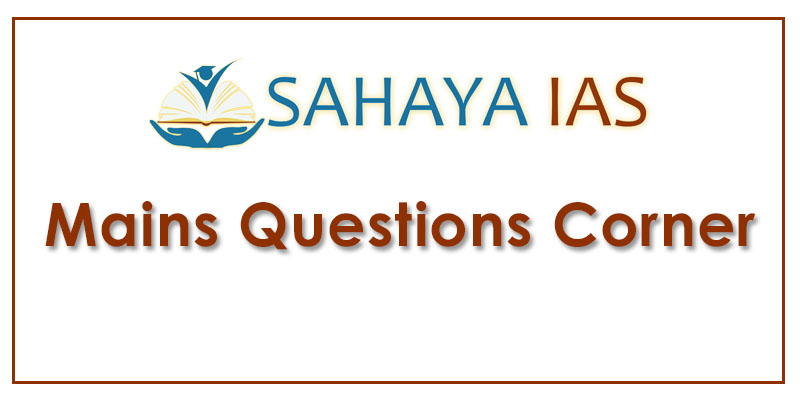Sabarimala, and the quest for equality-The debate on opening the shrine to all women is revealing deep casteism and misogyny
Why in News?
Reopening of sabarimala temple has restarted debate about gender equality and judiciary’s responsibility while deciding social morality
- Sabarimala, it appears, could be our new touchstone for understanding liberals, especially from Kerala.
- The intellectual emptiness in the arguments of Congress MP Shashi Tharoor and former Foreign Secretary Nirupama Menon Rao on the Sabarimala imbroglio require both investigation and introspection.
- Mr. Tharoor contends dangerously that “abstract notions of constitutional principle also have to pass the test of societal acceptance”.
The court’s mandate
- The Supreme Court does not, and should not, take into account mystical notions and practices as the foundation for its considered opinion.
- While it does consider the culture of people, every practice of culture or faith must pass the test of the Constitution of India.
- It is a cultural document in the sense that within its intentions, principles, pronouncements and guidelines lies the fibre of the people who make up this land. Hence its limitations are also our own social, cultural and political wrinkles.
- But the makers of the Constitution wished and hoped that the fundamental rights would represent an ideal of India. They were, and we are, yearning for an India where all forms of discrimination and segregation cease to be practiced.
- The Constitution is not a heartless, emotionless document; it is a passionate seeking for human uplift. Therefore, the court should respond with care, compassion and empathy for the citizens of India, especially those who are at the receiving end of a discriminative practice, disregarding society’s majoritarian impulses.
- Esoteric arguments of positive/negative energies and purity are expounded in order to cultivate fear and restrict women — a result of discriminative legends, stories, tales, social rituals, manuscripts and treatises.
- People of all castes do throng to Sabarimala but that does not mean it dissolves caste.
- By that argument, every temple is then casteless because today people from every section of society offer prayers and undertake pilgrimages. But we all know that this is entirely untrue.
- Most temples in their traditions, ritual practices, control and organisation are inherently casteist. And “sisterhood” in this context is unmistakably patriarchal.
- Within every one of us hides casteism, and it reveals itself in such situations.
- Patriarchy and male hegemony are the foundations on which caste operates, and Kerala is no exception. It is just too convenient for caste-privileged liberal feminists to be selective in their idea of feminism.
- Every sphere of activity, including the religious, needs to be questioned on feminist grounds, and practices that are restrictive must be reconsidered.



Comments (0)